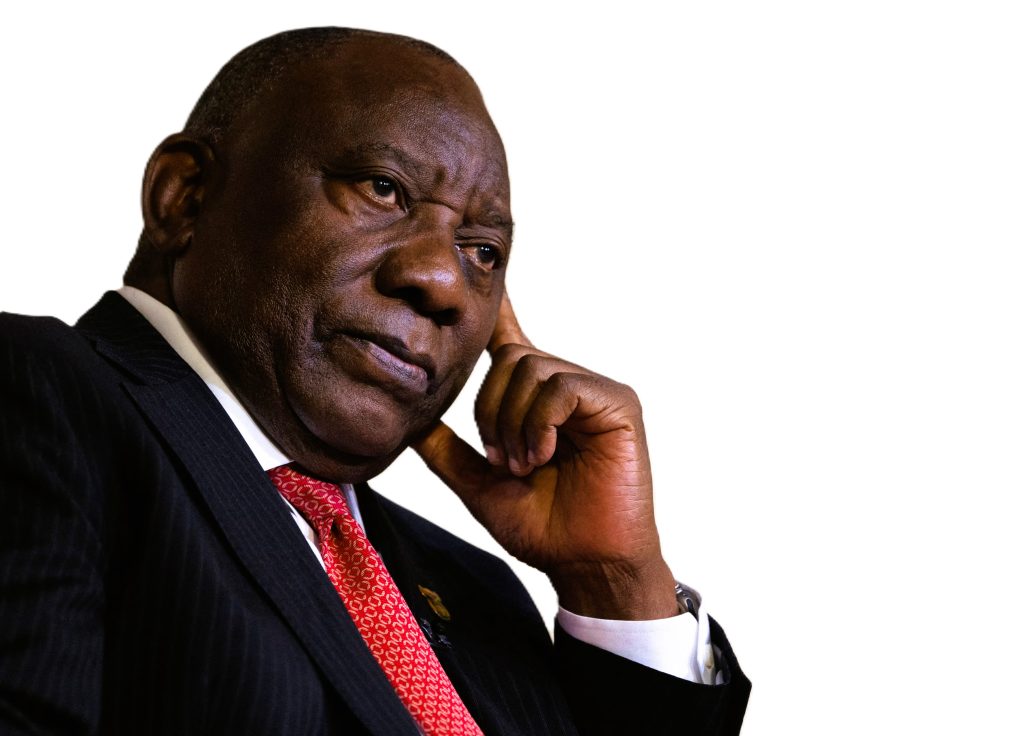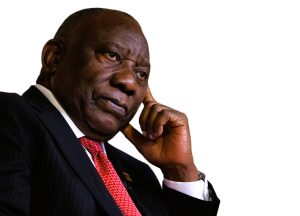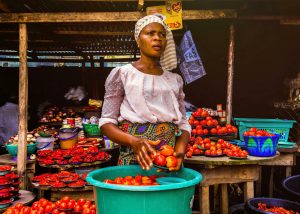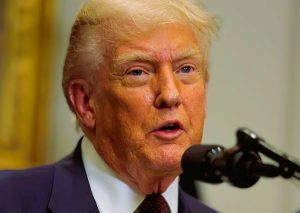South Africa’s President Ramaphosa still hopeful of a trade deal with the United States
3 min read
Ramaphosa urges urgent US talks as steep export tariffs loom.
Ramaphosa Remains Optimistic Amid Looming US Tariffs
South Africa’s President Cyril Ramaphosa has expressed optimism about reaching a trade agreement with the United States, despite facing a major setback following Washington’s decision to impose steep tariffs on South African exports.
US Imposes 30% Tariff on South African Goods
The US administration announced a sweeping 30% tariff on all South African exports, set to take effect on 7 August. This move threatens to destabilize South Africa’s economy, as the US ranks as its second-largest trading partner. The measure, initiated under former President Donald Trump, has sparked alarm across several economic sectors.
Ramaphosa Calls for Urgent Dialogue with Washington
Addressing the media on Friday, President Ramaphosa revealed that his administration had launched intensive talks with US officials in a bid to salvage the trade relationship. “We export vehicles, steel, aluminium, and citrus. We must engage with the US and work towards a resolution,” he said.
He emphasized that a new, mutually beneficial trade package had been proposed and was under serious consideration in Washington. “Within the window that’s still open, we’re hoping to settle this matter amicably,” Ramaphosa added.
Key Industries Brace for Impact
South Africa’s automotive and agricultural sectors are among the most vulnerable. Analysts warn that the tariffs could result in widespread job losses, particularly within factories and farms that rely on US-bound exports. The agricultural industry, which heavily depends on citrus exports, faces severe disruption if the new tariffs are implemented without a resolution.
Given South Africa’s staggering unemployment rate of over 32%—one of the highest globally—the impact of job losses in these industries could be catastrophic.
Government Prepares Support Plan for Affected Sectors
In response to the looming crisis, the South African government is developing a support package to cushion businesses that will be affected by the tariff increase. Details of the plan remain under wraps, but officials say it will include financial relief and trade diversification strategies aimed at reducing dependency on US markets.
The goal, according to the Department of Trade and Industry, is to ensure that the most vulnerable sectors are not left to fend for themselves. “We are committed to helping exporters navigate this challenge,” a government spokesperson stated.
Tariffs Threaten to Slow Economic Growth

The economic implications of the tariffs have already prompted the South African Reserve Bank to revise the country’s growth forecast. The bank now projects GDP growth of only 1%, down from the earlier estimate of 1.2%, as the export restrictions are expected to hinder industrial output and reduce foreign earnings.
Economic experts believe the central bank’s revised forecast may still be optimistic, especially if the trade standoff drags on without resolution.
Political and Trade Analysts Weigh In
Trade analysts suggest that the tariff imposition could also have political consequences, damaging relations between Pretoria and Washington. “This is not just an economic issue; it’s a diplomatic crisis. The longer this drags, the harder it will be to rebuild trust,” said economic analyst Nomvula Dlamini.
However, others see an opportunity for South Africa to reassess its global trade strategy and explore alternative markets. “This may be the push the country needs to expand partnerships in Asia, Latin America, and within Africa itself,” said Professor Teboho Mokoena from the University of Johannesburg.
Ramaphosa Urges National Resilience
President Ramaphosa called on South Africans to remain resilient in the face of the trade threat, urging both business leaders and workers to support ongoing negotiations. He assured the public that his administration is doing everything possible to prevent the tariffs from taking effect.
“We are fighting hard to protect jobs and exports. The coming weeks are crucial,” he said, noting that failure to reach a deal would be “a serious blow” to the country’s economic recovery efforts.
Outlook Remains Uncertain
As the deadline for the tariffs approaches, all eyes remain on the diplomatic back-and-forth between Pretoria and Washington. With industries at risk and economic forecasts turning bleak, South Africa faces a defining moment that will test its trade diplomacy and economic resilience.






